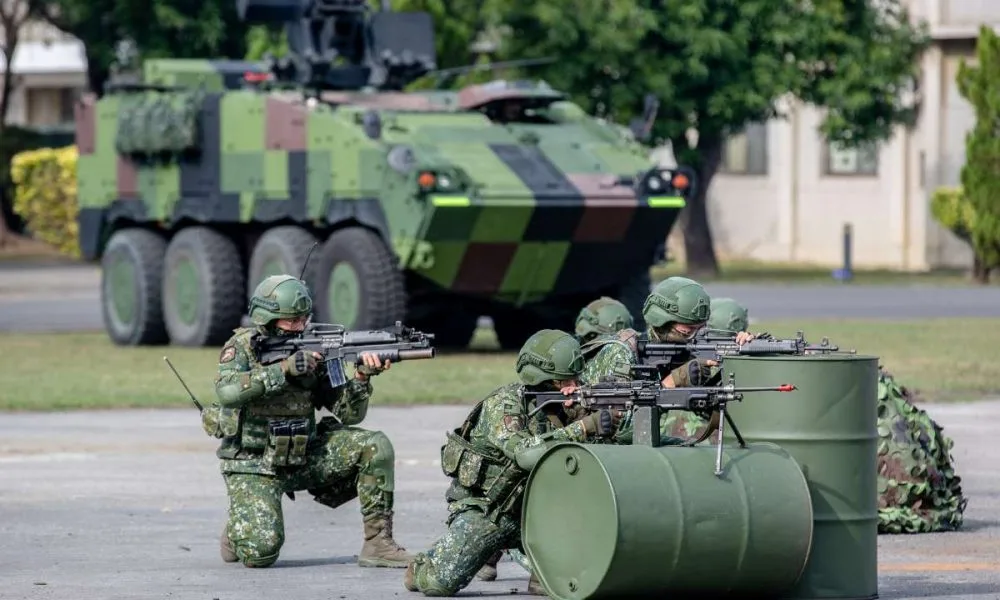The Importance of Asymmetric Warfare in Taiwan’s Defense
Asymmetric warfare is a crucial element of Taiwan’s defense strategy. The island nation faces a formidable opponent in China, and to effectively protect its sovereignty, Taiwan must employ unconventional tactics and strategies. The goal of asymmetric warfare is to level the playing field, making it more difficult and costly for a larger, more powerful adversary to achieve its objectives.
Taiwan’s Asymmetric Arsenal: Weapons and Technologies
Taiwan’s military has recognized the importance of investing in cutting-edge weapons and technologies designed to counter China’s conventional forces. Some of these assets include:
- Anti-ship missiles: Taiwan has developed and deployed the Hsiung Feng III supersonic anti-ship missile, capable of striking Chinese naval vessels at long ranges, making it difficult for an invading force to establish a beachhead.
- Submarine force: Taiwan’s submarine fleet, though small, is a vital component of its asymmetric defense capabilities. These stealthy vessels can launch surprise attacks on larger surface ships, creating a formidable deterrent for potential aggressors.
- Drones and cyber warfare: Taiwan has been developing and investing in advanced crewless aerial vehicles (UAVs) and cyber warfare capabilities. These technologies enable Taiwan to gather intelligence, conduct surveillance, and launch targeted attacks on enemy communication networks.
- Mobile missile platforms: Besides stationary missile defense systems, Taiwan has developed mobile missile platforms that are difficult to detect and can be rapidly deployed to counter an invading force.
The Role of International Support in Taiwan’s Defense
While Taiwan’s asymmetric defense strategy is crucial in deterring a potential invasion by China, international support is equally important. The United States and other allied nations are vital in bolstering Taiwan’s defense capabilities and maintaining regional stability.
American Military Assistance to Taiwan
The United States has long been Taiwan’s key supplier of military equipment and technology. This support has strengthened Taiwan’s defense capabilities and ensured that the island nation can effectively respond to potential threats. Some notable examples of American military assistance include:
- Arms sales: The United States has provided Taiwan with advanced weaponry, such as F-16 fighter jets, Patriot missile defense systems, and Apache attack helicopters.
- Joint military exercises: Regular joint military exercises between the United States and Taiwan help to improve interoperability and coordination between the two countries armed forces.
- Military advisory: American military advisors have assisted Taiwan in developing its asymmetric warfare capabilities and refining its defense strategy.
The Broader International Community’s Support
In addition to American support, Taiwan has also sought to deepen its ties with other democratic nations in the region, such as Japan, Australia, and India. These alliances are essential for maintaining regional stability and ensuring that Taiwan has a network of support in the event of an attempted invasion by China.
Conclusion: A Multifaceted Approach to Taiwan’s Security
Taiwan’s defense strategy hinges on a multifaceted approach that combines asymmetric warfare with robust international support. Taiwan can effectively counterbalance China’s conventional military superiority by investing in advanced weapons and technologies. At the same time, strong partnerships with the United States and other democratic nations ensure that Taiwan has a reliable network of allies that can help deter aggression and maintain regional stability.
